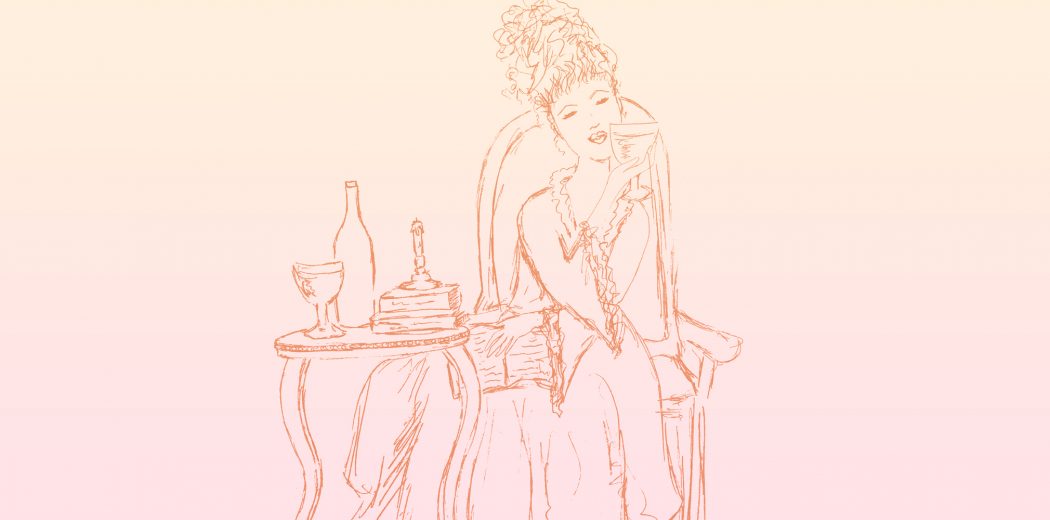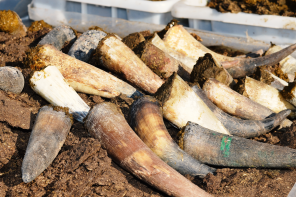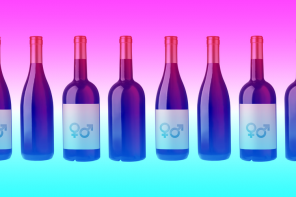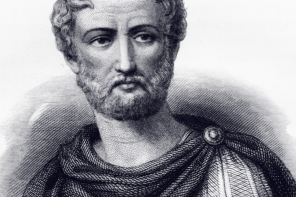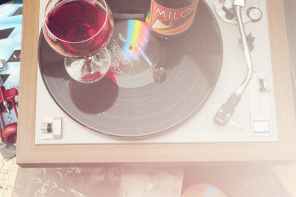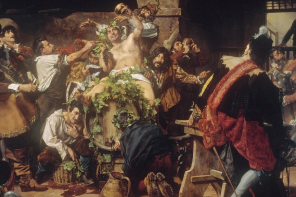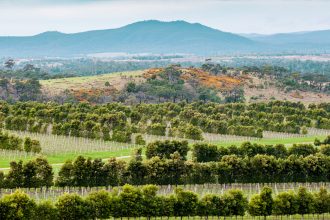If you’ve ever had to write a paper, article, story, novel or any coherent string of words, you’re aware of the struggle known as writer’s block. To get the creative juices flowing, a relatively common solution is to turn to the juice itself. Because alcohol decreases inhibitions and judgement, which in many cases is not good, it’s the perfect tool when it comes to accessing the creative thoughts in your head. While everyone has their drink of choice, we prefer wine when trying to tap into our imaginations, and we aren’t the only ones.
Wine has been influencing authors since the time of the ancient Greeks. They’re responsible for creating the epic poem along with the genres of comedy and drama. We also have them to thank for laying the foundation for how literature looks today, and guess what. A lot of them were influenced by wine, and it has been present in literature ever since.
Ancient Greece was the innovation center when it came to improving winemaking and viticulture. They shared this knowledge with their other friends around Europe – Italy, France, Russia and Austria – who are also known for producing literary icons. Greek comedy playwright Aristophanes understood the importance of wine when trying to stimulate creative thoughts.
“Quickly, bring me a beaker of wine, so that I may wet my mind and say something clever.”
Another Greek author that might sound familiar, Homer, is famous for potentially one the most well-known epic poems in classical literature, “The Odyssey.” We think he can be considered a credible source when he said, “No poem was ever written by a drinker of water.”
Fast forward a few (or more than a few) centuries to the man deemed the greatest writer in the English language, William Shakespeare, who wrote 38 plays, over 100 sonnets and a few long form poems – many of which have references to the good ol’ drink. “Good wine, good company, good welcome can make good people,” as said in Henry VIII.
Because he spent so much time in France during the founding of our country, it makes a lot of sense that Benjamin Franklin was an avid wine lover. Although he didn’t leave behind a huge legacy in the literature world, he was one of the main authors of the Declaration of Independence, which should count for something.
“Wine is constant proof that God loves us and wants us to be happy,” we couldn’t agree with you more, Ben.
As we make our way into more progressive times, we see an increase in big name authors who were good friends
with the bottle. The Jazz Age, the ’20s in America until the Great Depression, was a period in which people were living lavishly, spending money and drinking heavily. “The Great Gatsby” is a perfect example of this time and F. Scott Fitzgerald said it best in his book when he wrote, “Too much of anything is bad, but too much Champagne is just right.” Hard to argue with that.
As much as we love bubbly, we also love the underdogs of the wine world who don’t get the attention they deserve. Poet Maya Angelou gets an extra dose of praise because not only did she drink while she wrote, but she drank sherry while she wrote. She once told a reporter for the Paris Review the items she took to her hotel room while writing her seminal works which included yellow notepads, the Bible, a dictionary, thesaurus, an ashtray and a bottle of sherry.
Putting pen to paper isn’t easy, but these huge names in literature have shown us that it’s okay to use a little wine to help loosen up and get those thoughts out of your head and onto paper. If they can do it, why not you?

